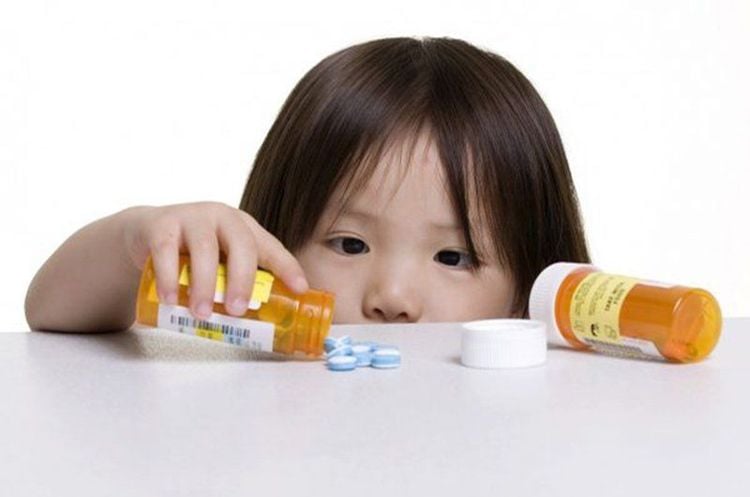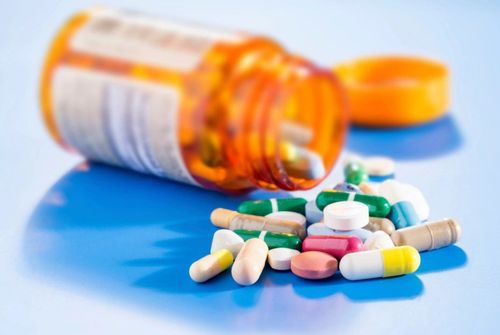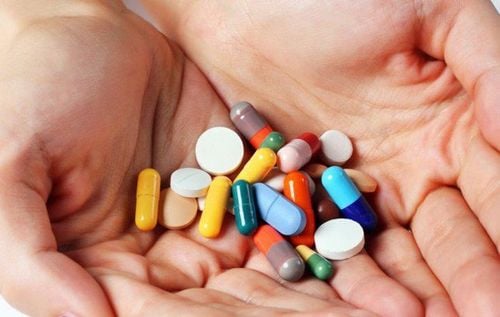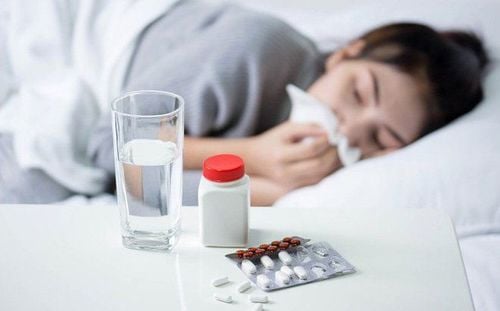This is an automatically translated article.
There is always an interaction between drugs and food. Most antibiotics given to children do not affect health. However, there are still some medications that parents need to be aware of when giving their children.
1. The interaction between drugs and food when given to children
When food is introduced into the body that changes the effect of the drug, it is called a drug-food interaction. There are many drugs that when used by children will affect the absorption and digestion of children. And conversely, food can also affect the treatment of drugs. Depending on the type of medicine and food put into the body, there are harmful and beneficial sides to the child's body.
It is divided into 4 types of drugs that can affect the food of a child.
Stimulant drugs make the baby eat better and eat more Drugs change the amount of nutrients absorbed into the body Drugs affect the grinding of food and the amount of nutrients absorbed Drugs change the rate of nutrient absorption of the child intestine
2. Some antibiotics given to children interact with food
Over-the-counter medicines that work to treat flatulence, indigestion when going to the intestines, will reduce the effect. Therefore, it is necessary to take the drug 1 hour after a meal.

Các thuốc kháng sinh điều trị bệnh lý về tiêu hóa nên uống sau bữa ăn 1 giờ để đạt hiệu quả hấp thu tốt nhất
Some antibiotics given to children reduce the amount of biotin, vitamin b5, and vitamin K in the gut. Medicines can reduce the ability to absorb nutrients by speeding food out of the intestines. If the body is deficient in vitamins B5 and K, the animals in the diet need to add a lot of green vegetables, especially vegetables and cereals.
Amoxicillin: When using this drug, there will be an interaction between the drug and food. Food has the ability to slow down the absorption of the drug. However, it does not reduce the therapeutic quality of the drug, then the child can still use the diet as usual. Erythromycin stearate and penicillin: Taking the drug after meals will reduce the absorption of the drug. Therefore, parents need to give the child medicine 1 hour before meals or 2 hours after meals. Clarithromycin and Erythromycin estolate/succinate: This class of drugs has the opposite effect of the above drugs. Food helps in better absorption of the drug. Therefore, it is best to give the child the medicine while eating. Tetracycline: This drug affects the absorption of iron and calcium in the baby's body. Therefore, manufacturers usually recommend that children take the medicine 2 hours before or after meals. For children who are taking iron-containing medicines or calcium-containing antacids, parents should give them 2 hours apart. Griseofulvin: This is a medicine to treat ringworm. The effect of the drug will be enhanced when used in combination with foods high in fat. If you have a need for consultation and examination at Vinmec Hospitals under the national health system, please book an appointment on the website for service.
Please dial HOTLINE for more information or register for an appointment HERE. Download MyVinmec app to make appointments faster and to manage your bookings easily.













